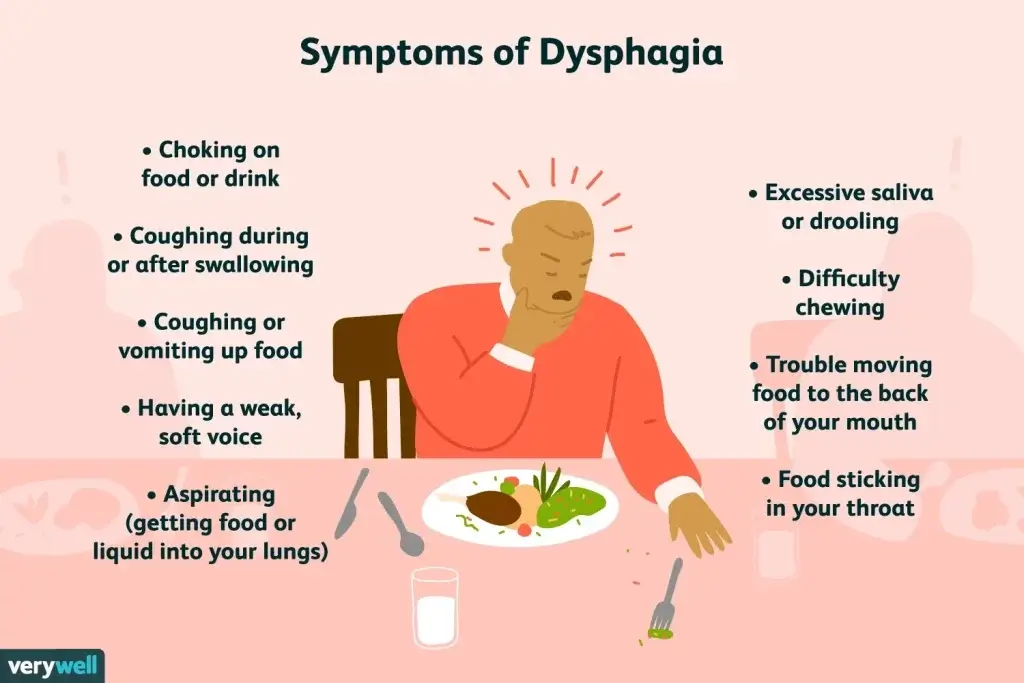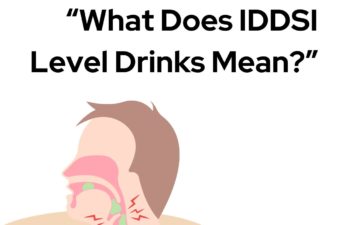Dysphagia, a medical term for swallowing difficulties, is a condition that affects a significant number of people worldwide, particularly among certain populations such as the elderly and those with neurological conditions[^1^]. This article sheds light on how to pronounce dysphagia, its meaning, and how it affects the lives of those it touches.
Pronouncing Dysphagia
Dysphagia, at first glance, might seem a daunting term to pronounce, but once broken down, it becomes simpler. It’s pronounced as “dis-fay-juh”[^2^].

Meaning and Impact of Dysphagia
Dysphagia, from the Greek words “dys” (difficult or disordered) and “phagia” (eating or swallowing), refers to the condition where individuals find it challenging to swallow food, drink, or even their saliva[^3^].
The difficulty in swallowing can be due to issues in the throat or esophagus and may involve discomfort, pain, or the sensation of having food stuck in the throat or chest[^4^]. This condition is common among people with nervous system disorders, such as Parkinson’s disease and multiple sclerosis, and may occur as a complication of a stroke[^5^].
Dysphagia can have a significant impact on a person’s quality of life, as it affects one of the most basic human functions – eating. It can lead to weight loss and malnutrition due to difficulties in consuming adequate nutrition. Moreover, if not appropriately managed, it can lead to serious complications such as aspiration pneumonia, which is a lung infection that occurs from inhaling food or liquids into the lungs[^6^].

Revolutionising Dysphagia Care with Innovative Solutions
Recognising the critical need to support people living with dysphagia, Refreshment Systems, in partnership with a number of manufacturers, has developed an innovative dysphagia drinks machine. This unique beverage solution, designed specifically for hospitals, elderly and disabled care facilities, delivers drinks with the exact consistency required by the International Dysphagia Diet Standardisation Initiative (IDDSI) levels.
The dysphagia drinks machine provides a wide variety of beverages, eliminating the sliminess often associated with manually thickened drinks. It not only enhances the taste and texture of the beverages, but its efficient operation also significantly reduces labour costs and waste.
The role of such innovations in healthcare can’t be understated. In a field where time, efficiency, and quality of care are paramount, these advanced tools help streamline care processes, bringing much-needed relief to both healthcare providers and individuals living with dysphagia.
Dysphagia: An Issue Worth Talking About
Understanding dysphagia, from its pronunciation to its impacts, is an important step in acknowledging the challenges faced by those living with this condition and their caregivers. It brings us closer to addressing their needs more effectively and compassionately.
Dysphagia care requires a comprehensive approach that encompasses not only medical treatment but also dietary modifications, lifestyle adjustments, and the use of innovative aids like the dysphagia drinks machine. It is by weaving together these various strands of care that we can hope to improve the quality of life for those affected by this condition.
As with any medical condition, individuals experiencing difficulty swallowing should seek professional advice for an accurate diagnosis and appropriate treatment.
[^1^]: Mayo Clinic, Dysphagia
[^2^]: Oxford Learners Dictionaries, Dysphagia
[^3^]: Medline Plus, Swallowing Disorders
[^4^]: National Institute on Deafness and Other Communication Disorders, Dysphagia
[^5^]: NHS, Swallowing problems
[^6^]: American Speech-Language-Hearing Association, Adult Dysphagia




